More helpful than all wisdom is one draught of simple human pity that will not forsake us
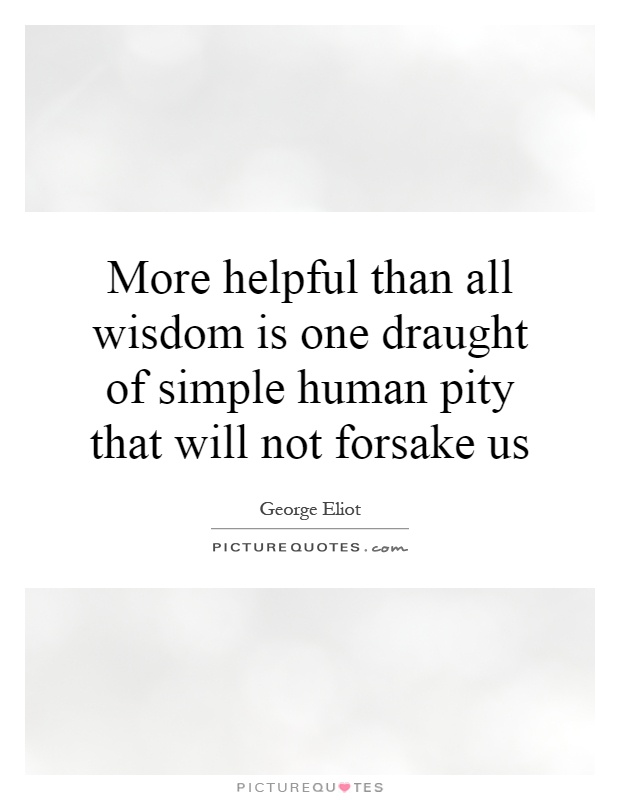
More helpful than all wisdom is one draught of simple human pity that will not forsake us
In the world of literature, George Eliot is known for her profound insights into human nature and the complexities of relationships. Her works often explore themes of empathy, compassion, and the importance of human connection. One of her most famous quotes, “More helpful than all wisdom is one draught of simple human pity that will not forsake us,” encapsulates this sentiment perfectly.Eliot believed that true wisdom lies not in intellectual knowledge or cleverness, but in the ability to empathize with others and show genuine compassion. In her novels, she often portrays characters who are able to see beyond their own self-interest and understand the struggles and suffering of those around them. These characters are the ones who ultimately find fulfillment and happiness, while those who lack empathy and compassion are portrayed as shallow and unfulfilled.
One of the central themes in Eliot’s work is the idea that human connection is essential for personal growth and fulfillment. In her novel “Middlemarch,” for example, the character of Dorothea Brooke learns the importance of empathy and compassion through her relationships with others. Through her interactions with the people around her, she comes to understand the value of simple human kindness and the power of genuine connection.
Eliot’s quote also speaks to the idea that true wisdom is not static or unchanging, but rather a dynamic and evolving process. Wisdom is not just about accumulating knowledge or expertise, but about learning from our experiences and growing as individuals. By showing empathy and compassion towards others, we not only help them in their time of need, but also enrich our own lives and deepen our understanding of the world around us.


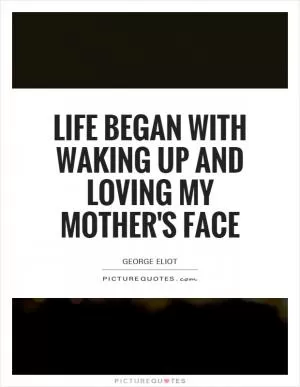



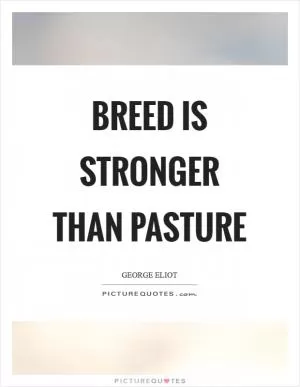

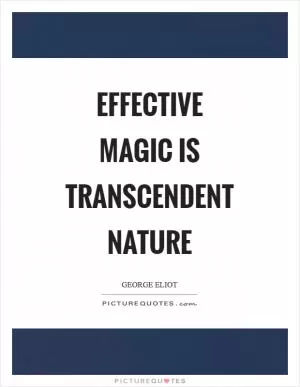
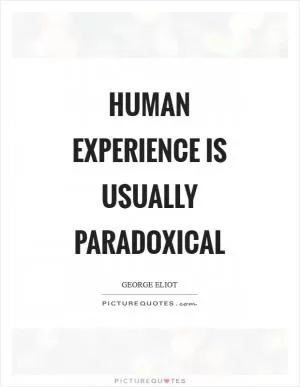
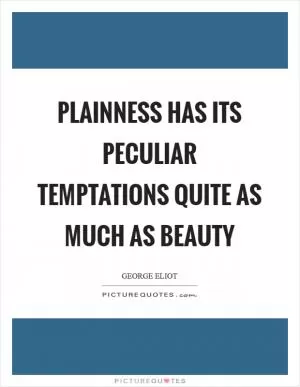
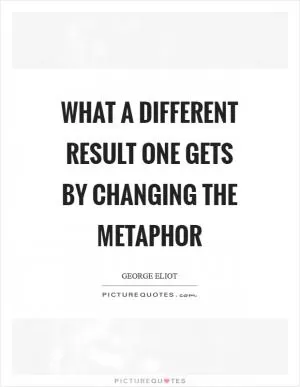
 Friendship Quotes
Friendship Quotes Love Quotes
Love Quotes Life Quotes
Life Quotes Funny Quotes
Funny Quotes Motivational Quotes
Motivational Quotes Inspirational Quotes
Inspirational Quotes